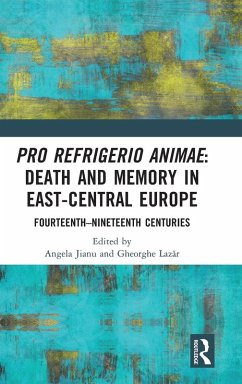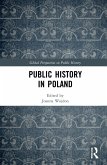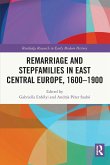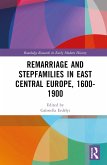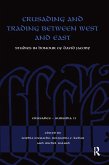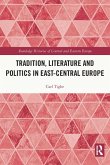The historiography of death, memory, and testamentary practices is already abundant in Western Europe and a fairly large number of extra-European regions. For East-Central Europe there are many short studies in various regional languages, mainly on anthropological/ethnographic aspects of the funeral rituals.
This is an edited collection of studies by international scholars on the interlocking themes of attitudes and discourses on death, commemorative practices, and inheritance/testamentary strategies in the Balkans and East-Central Europe. These and other related themes are addressed comparatively and cover areas including Albania, Bulgaria, Romania, Greece, and areas of the former Yugoslavia, Hungary, and Austria from the perspective of imperial - Ottoman and Habsburg - legacies.
Pro refrigerio animae: Death and Memory in East-Central Europe contributes to this subject by: linking anthropological/religious/cultural approaches to death to the legal/economic aspects of inheritance/commemoration; adding a still absent East-Central European and Habsburg, Balkan, and Ottoman dimension to the study of death, memorialization, and testaments; and presenting an abundant primary and secondary material in English translation and thus placing research on death and testaments by East-Central and Greek scholars within the international scholarly circuit.
This is an edited collection of studies by international scholars on the interlocking themes of attitudes and discourses on death, commemorative practices, and inheritance/testamentary strategies in the Balkans and East-Central Europe. These and other related themes are addressed comparatively and cover areas including Albania, Bulgaria, Romania, Greece, and areas of the former Yugoslavia, Hungary, and Austria from the perspective of imperial - Ottoman and Habsburg - legacies.
Pro refrigerio animae: Death and Memory in East-Central Europe contributes to this subject by: linking anthropological/religious/cultural approaches to death to the legal/economic aspects of inheritance/commemoration; adding a still absent East-Central European and Habsburg, Balkan, and Ottoman dimension to the study of death, memorialization, and testaments; and presenting an abundant primary and secondary material in English translation and thus placing research on death and testaments by East-Central and Greek scholars within the international scholarly circuit.

